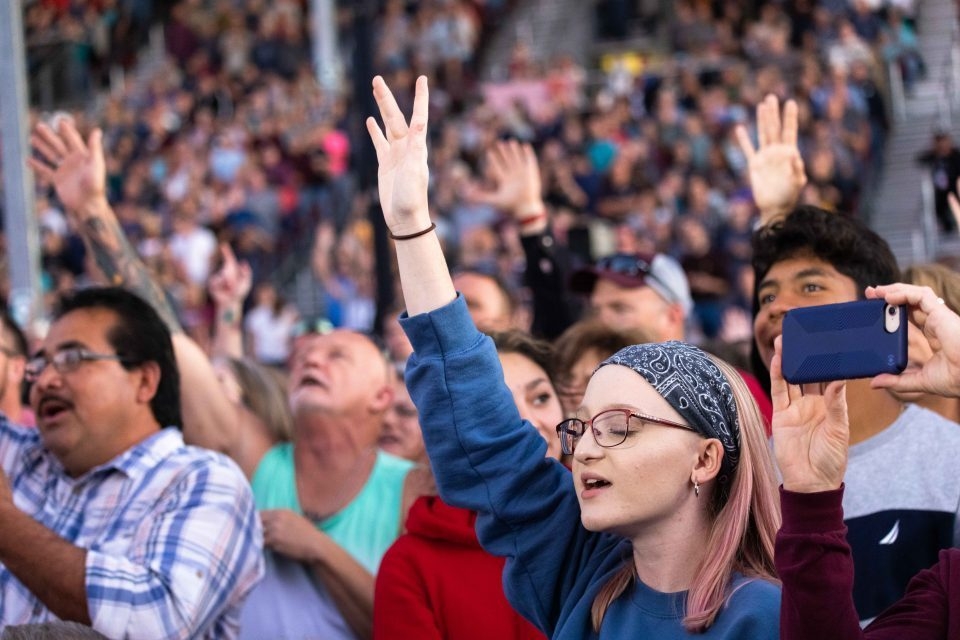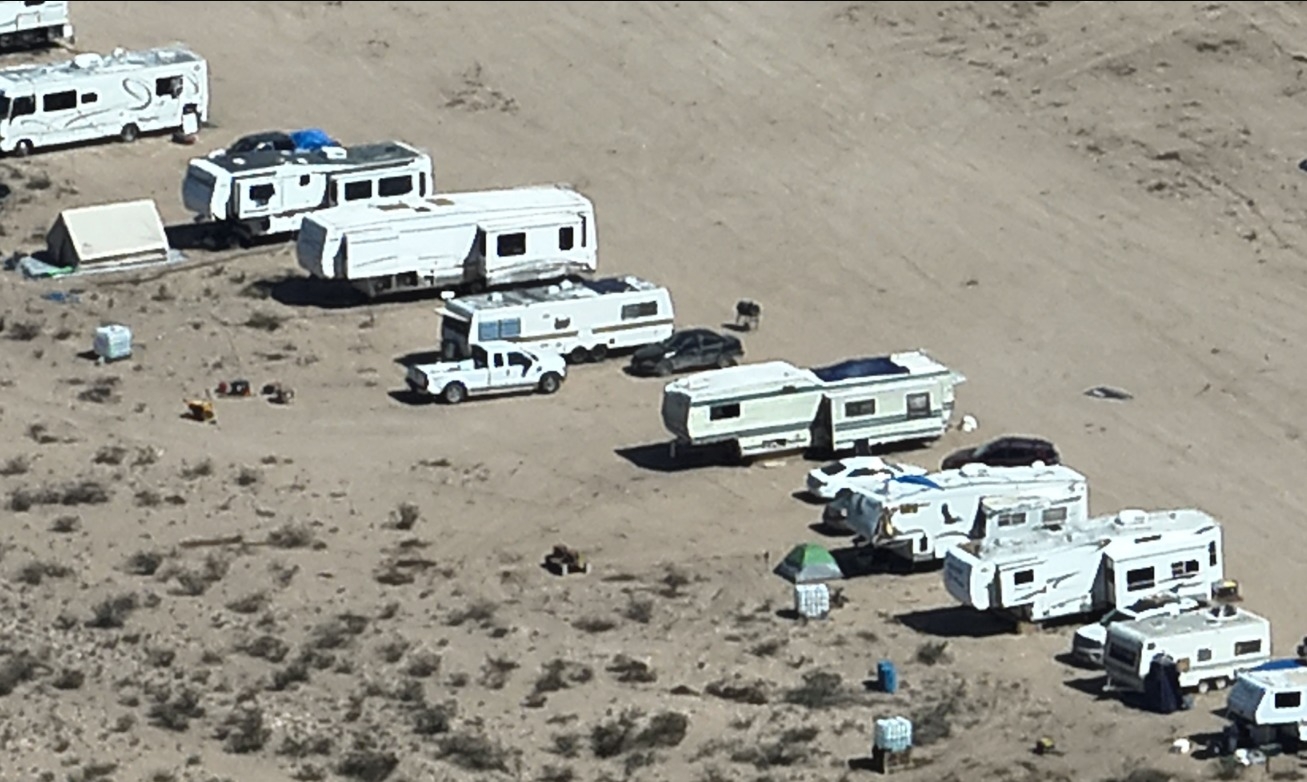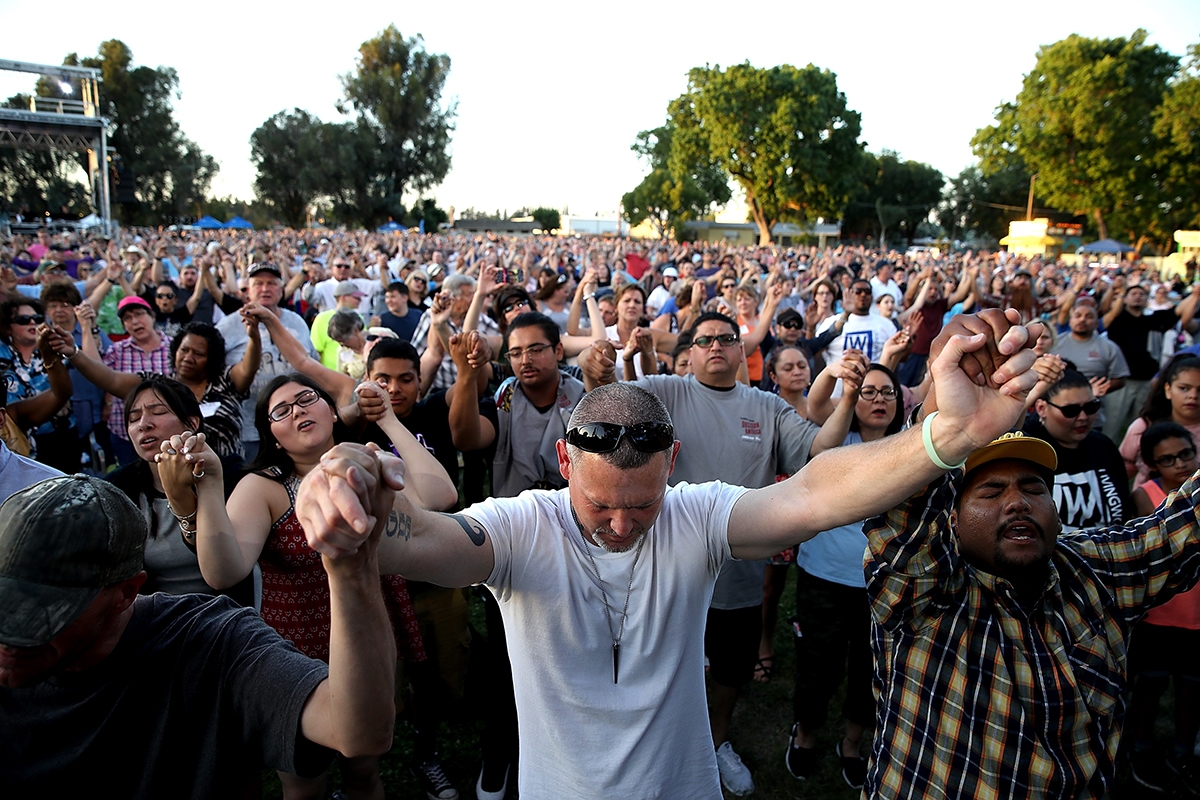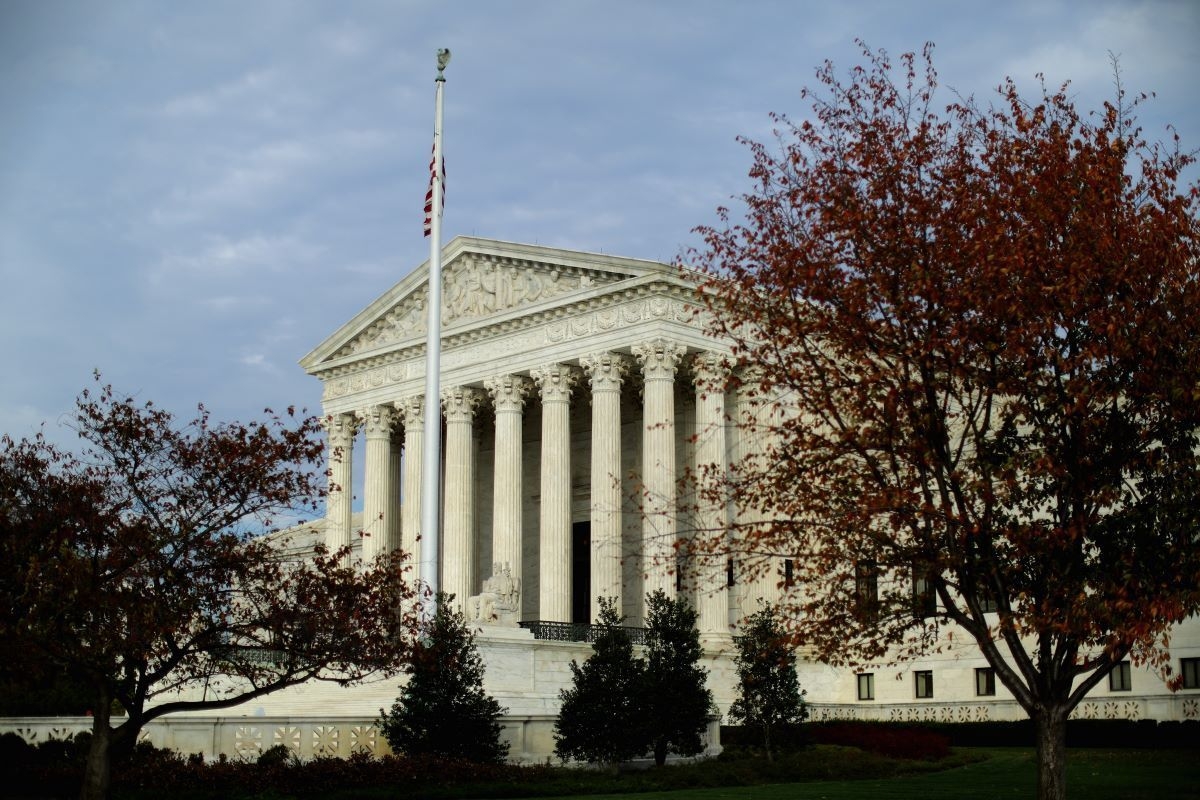

Published on: 10/20/2025
This news was posted by Apex Wealth Advisors
Description
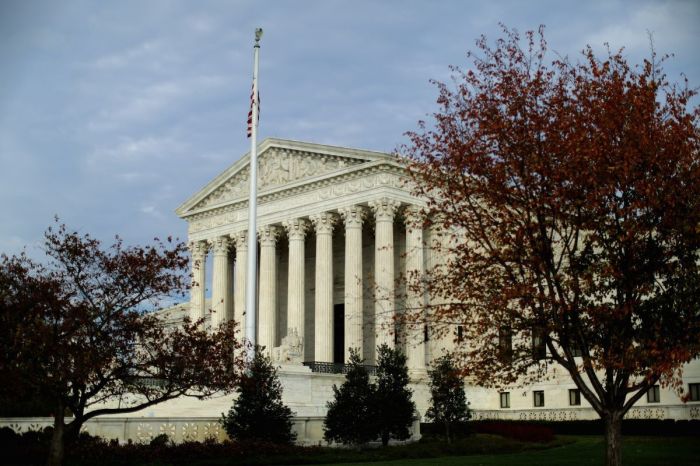
The United States Supreme Court has allowed a lawsuit by a Louisiana church and two advocacy groups against a local government over alleged discrimination to continue.
In an orders list released Monday morning, the Supreme Court declined without comment to hear an appeal from St. James Parish in the case of St. James Parish, Louisiana v. Inclusive Louisiana, et al.
The rejection of the parish's appeal means that a decision from earlier this year that revives a lawsuit by Mount Triumph Baptist Church, the faith-based advocacy group RISE St. James and Inclusive Louisiana can proceed.
In 2023, the church and the two organizations sued St. James Parish, accusing officials of racial and religious discrimination by allowing the construction of industrial centers that reportedly have engaged in substantial pollution.
This included the allegation that the local government violated the Religious Land Use and Institutionalized Persons Act of 2000 in part by allowing hazardous industrial expansion to happen close to predominantly black houses of worship.
Also alleged is that the local government placed these industrial facilities in predominantly black communities while actively refusing to build them in predominantly white communities.
The region is known by some activists as “Cancer Alley” due to the high concentration of petrochemical and fossil fuel burning industrial facilities, which are allegedly connected to higher rates of cancer and other serious illnesses among the predominantly African American population.
In November 2023, U.S. District Judge Carl J. Barbier of the Eastern District of Louisiana dismissed the lawsuit, concluding among other things that the plaintiffs’ claims were not filed in a timely manner.
Barbier noted that the Land Use Plan at the center of the complaint was adopted by the parish in 2014, thus the allegations of the complaint came after the statute of limitations had expired.
“Additionally, the zoning events that occurred prior to the 2014 plan, while related to Defendants’ subsequent decisions, are discrete actions that put Plaintiffs on notice to protect their rights, thereby starting the clock on prescription,” he wrote.
In April, however, a three-judge panel of the U.S. Court of Appeals for the Fifth Circuit unanimously overturned the district court ruling and sent the case back to the lower court level for further proceedings.
Circuit Judge Carl E. Stewart authored the panel opinion, arguing in part that the “allegedly discriminatory acts plainly fall within the applicable statute of limitations period.”
“Because each appellant pleaded cognizable property injuries that are traceable to the conduct of the Parish and redressable by the various forms of relief they seek from the court, the Organizations have sufficiently demonstrated standing for those alleged property injuries,” wrote Stewart.
“Of course, whether the Organizations will prove their allegations or prevail on any of their claims remains to be seen. At this juncture, however, we merely acknowledge that they have standing to pursue them.”
News Source : https://www.christianpost.com/news/supreme-court-lets-churchs-discrimination-lawsuit-to-continue.html
Other Related News
10/21/2025
By Leonardo Blair Senior Reporter Tuesday October 21 2025Attendees raise their hands in ...
10/21/2025
It has taken me most of my life to understand who I am and my purpose in life I had ne...
10/20/2025
By CP StaffMonday October 20 2025Texas Attorney General Ken Paxton alleges the West Texa...
10/20/2025
By Anugrah Kumar Christian Post Contributor Monday October 20 2025The audience at a BGEA...
10/20/2025



